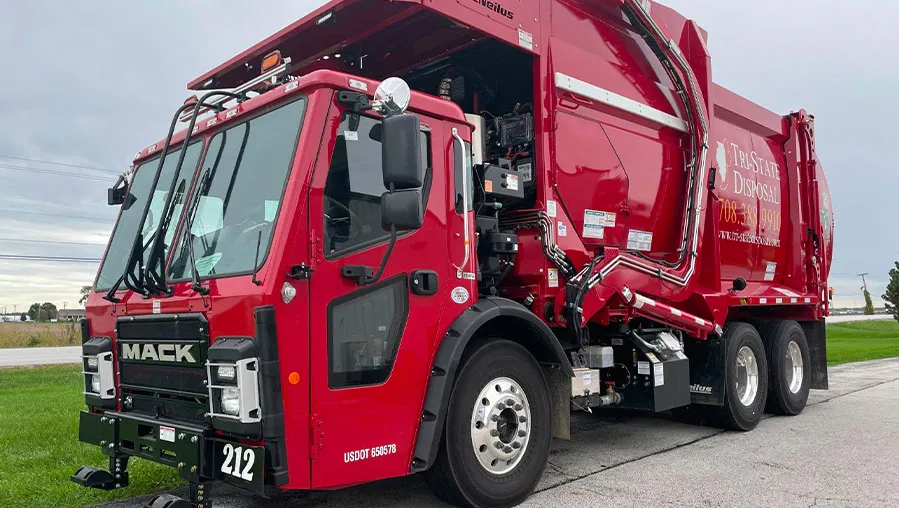Are you looking to reduce your environmental footprint while creating nutrient-rich soil for your garden? Composting might sound fancy, but it’s just letting nature break down food scraps and yard waste into super-rich soil. Let’s walk through everything you need to know to start composting at home.
Benefits of Composting
Composting isn’t just good for your garden – it helps the planet too. Here’s what makes it so beneficial:
- Saves Money: There’s no need to buy expensive fertilizer when your plants will thrive on your homemade compost.
- Fights Climate Change: Composting helps fight climate change by reducing methane gas from landfills.
- Improves Soil Health: Your plants will grow stronger and healthier when you compost. Your soil will hold water better so you don’t need to water as much!
How To Make Compost
Creating your own compost is simpler than you might think. Try following this composting process:
- Choose Your Location
- Select a dry, shady spot near a water source
- Ensure good drainage
- Make it easily accessible
- Layer Your Materials
- Start with brown materials (carbon-rich)
- Add green materials (nitrogen-rich)
- Maintain a ratio of roughly 3:1 browns to greens
- Maintain Your Pile
- Keep it as moist as a wrung-out sponge
- Turn the pile every few weeks
- Monitor the temperature for optimal decomposition
Follow these steps to turn your greens and browns into finished compost!
Types of Compost
There are several ways to make compost. Pick the one that works best for your space:
Traditional Pile
This common compost type is perfect for outdoor spaces, requires minimal equipment, and is best for large volumes of waste.
Tumbler Composting
Tumbler composting leads to faster decomposition, is easier to turn, and is pest-resistant.
Vermicomposting
Also known as worm composting, vermicomposting is ideal for apartments and is great for kitchen scraps.
Indoor Composting
If you have limited space, indoor composting is an excellent option. If managed properly, it leads to minimal odors, and you can use compostable garbage bags for collection!
What To Compost
Here are some organic materials you can toss in your compost pile:
Green (Nitrogen-Rich) Materials:
- Fruit and vegetable scraps
- Coffee grounds and filters
- Fresh grass clippings
- Plant material or trimmings
- Eggshells
- Tea bags
Brown (Carbon-Rich) Materials:
- Dried leaves
- Straw
- Paper and cardboard
- Wood chips
- Dryer lint
- Sawdust
- Paper towels and napkins
What Not To Compost
It’s important to stick to organic matter when you compost. Keep these things out of your pile to avoid problems:
- Meat and dairy products
- Oils and fats
- Diseased plants
- Pet waste
- Chemically treated wood products
- Glossy or colored paper
Make Composting Easier With Compostable Bags
Using compostable garbage bags can make composting cleaner and simpler. These bags are ideal because they:
- Break down completely in your compost
- Reduce mess and odors
- Make it easy to carry scraps outside
- Are eco-friendly alternatives to plastic bags
Use Eco-Friendly Disposal Services
Turning your compost into useful soil doesn’t need to be complicated. Whether you’re using a simple outdoor pile or an indoor system with compostable garbage bags, you’re making a positive impact on the environment.
Tri-State Disposal’s recycling services are another terrific way to save money and help the environment. We make it easy to deal with the rest of your waste in an earth-friendly way. Give us a call to learn about our services – we’ll help you figure out the best way to handle all your household waste.
Remember, every bit of waste you compost makes a difference. Start small, keep it simple, and watch your garbage turn into garden gold!



